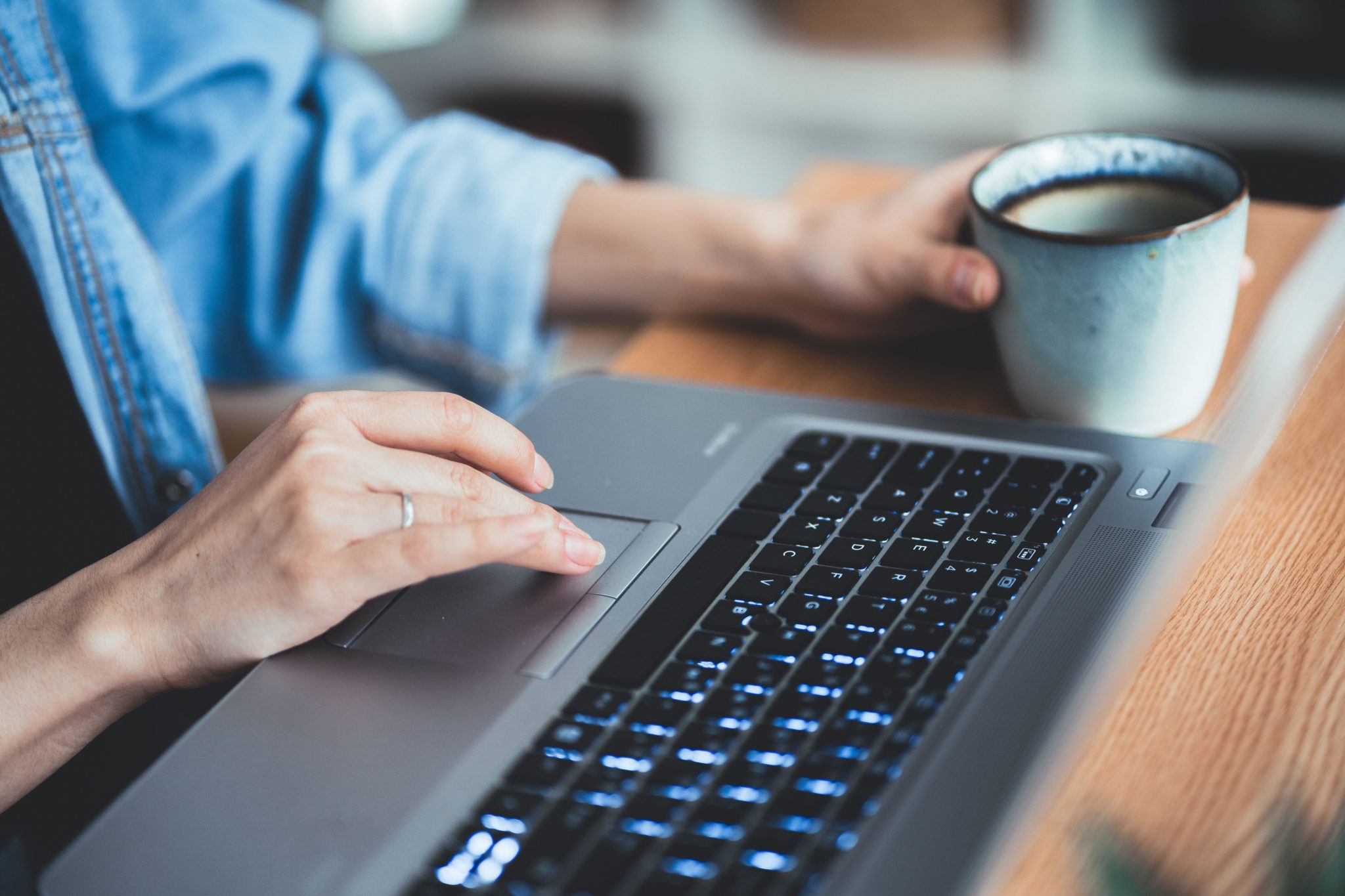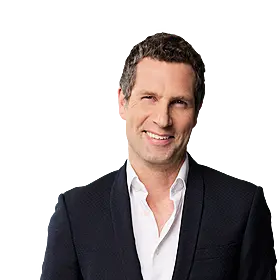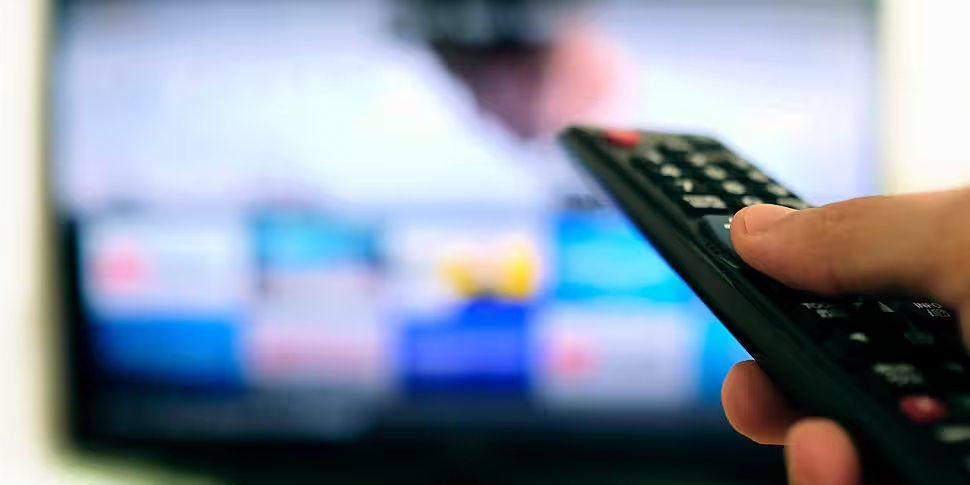A change to Ireland's licence fee model hasn't happened yet, as it is going to annoy a lot of people.
Sunday Independent Columnist Lorcan Nyhan was speaking after Taoiseach Leo Varadkar suggested it "isn’t fair" that the majority of TV licence revenue goes to RTÉ.
He suggested that under a new model, more publishers will receive funding.
Mr Nyhan told Newstalk Breakfast we need to look at this from several angles.
"If we look at how it's collected, we're currently using the licence fee model - about 85% of people pay it," he said.
"Europe have shifted totally: they've either moved to direct state funding - Germany, The Netherlands - Finland have a direct tax.
"They've put a direct tax that's linked to the public service broadcaster that corporations pay, as well as individuals.
"That strikes me as a good model for getting the big fund: there's a specific ring-fenced tax, anybody who has to pay it pays it, corporates have to pay it as well and you get this big pool of money.
"Finland get about €500 million, they're about the same size as us, versus the current €200 million.
"That involves the charge, you collect it, and people feel like they're paying it rather than just getting it taken out of their taxes".
'The landscape is very different'
Mr Nyhan said the system would need to be expanded beyond RTÉ.
"The landscape is very, very different now than it was when the RTÉ model was set up," he said.
"People can now access news... from so many different sources, and they can access that freely which wasn't the case previously.
"Digital has totally changed everything... the landscape has changed, which means the model has to change.
"You'd have to convince people - or try to convince people - of the merit that even if you're not consuming every bit of media, the idea of having publicly-funded media to inform the public is good for everybody".
 A woman scrolling on a laptop keyboard. Picture by: Claudiu Maxim / Alamy Stock Photo
A woman scrolling on a laptop keyboard. Picture by: Claudiu Maxim / Alamy Stock PhotoMr Nyhan said there has also been a shift in habits.
"People now trust their own specific sources of information, rather than trusting one entity," he said.
"If you can get as many different, independently-funded, well-funded [organisations] via a public purse model, more people are going feel like they're getting good information.
"It probably hasn't happened thus far because this is going to annoy a lot of people.
"It was easier just to let the status quo go; nobody liked the status quo, but nobody gets blamed for the status quo," he added.









